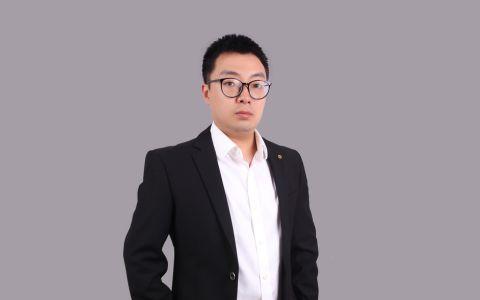

When Louis first stepped onto the HKUST campus in 2007, he could not have imagined how this emerging university would shape his future as both a scholar and an entrepreneur. His undergraduate curiosity about renewable energy, sparked by Hong Kong Government’s initiative to maintain indoor office temperature at 25.5 °C, evolved into a PhD project focused on a solar-powered adsorption cooling system under Professor Christopher CHAO Yu Hang. This academic journey ultimately led to the founding of an innovative startup, YaShang, developing passive radiative cooling solutions for urban environments.
The transformation from an academic researcher to a founder was greatly influenced by HKUST's strong entrepreneurial culture. Louis recalls being particularly inspired by the HKUST-SINO One Million Dollar Entrepreneurship Competition, which showcased how laboratory breakthroughs could become real businesses. This exposure to HKUST's innovation ecosystem provided Louis with not just inspiration but also tangible role models. He highlights fellow alumnus Yunfei ZHANG, founder of Zhuhai Yunzhou Intelligence Technology Ltd., as an example of HKUST's capacity to nurture deep-tech ventures. Additionally, Professor Chao’s practical mentorship continuously emphasized the importance of addressing real-world needs. "Professor CHAO trained us to evaluate whether our research addressed actual market demands," Louis explains. "This 'useful utility' mindset became fundamental to my approach as an entrepreneur."
After completing his PhD in 2018, Louis encountered the classic challenges faced by deep-tech startups: turning laboratory prototypes into commercially viable products. Here, the unique advantages of the Greater Bay Area (GBA) came into play. With support from the HKUST Fok Ying Tung Research Institute and local resources from the Nansha district, Louis and his team were able to sustain their R&D efforts and maintain company operations, allowing for product rollout with minimal capital investment. The region’s supportive policies, including youth entrepreneurship funds and streamlined cross-border business setups, helped them overcome initial financial and regulatory hurdles. Also, the region's robust manufacturing ecosystem allowed Louis's team to efficiently transition from R&D to production. "This rapid iteration would have been impossible without the region's industrial base." Louis notes.
Today, Louis’s startup exemplifies the synergy between academia and commerce. Their passive radiative cooling technology has been successfully commercialized as a paint and is now being applied in various practical settings. A flagship application is the cooling of volunteer stations for the upcoming 2025 National Games, where the coating reduces indoor temperatures by 3–5°C, significantly lowering carbon emissions and supporting the event’s sustainability goals. This high-profile project illustrates how YaShang’s technology can contribute to large-scale sustainability initiatives while showcasing the GBA's capacity to nurture innovative solutions.
Reflecting on his journey, Louis emphasizes the importance of leveraging institutional resources. "HKUST provided the technical foundation and entrepreneurial mindset, while the GBA offered the infrastructure and market access to scale our solution," he observes. For aspiring student entrepreneurs, his advice is clear: “The key is to validate that your solution addresses genuine market needs before committing significant resources."

